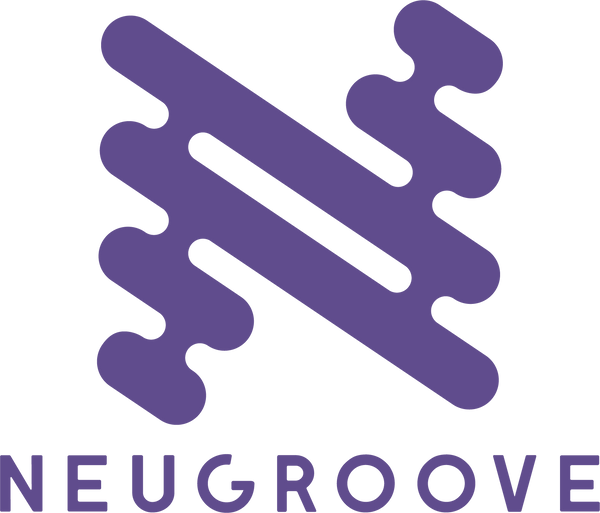
Investigating Chronic Pain
Share
I feel better every day. I feel a relief best described as ease. I have wished 'a life of happiness and ease' as a farewell to someone I didn't plan on seeing again, and now I am starting to hope that for myself. I don't remember where or when I first heard that saying, maybe I read it in a book written by Thich Nhat Hanh. Regardless of the origin, I feel happier and more at ease than ever before.
I'm in the process of investigating the suffering and pain which includes significant amounts of sharing with others, remembering the past, and thinking about what I want in the future.
It seems like the general idea behind my group therapy is to encourage introspection, self-reflection, and then have a safe and open discussion with the other members guided by the therapist. Introspection hasn't been a problem for me, it's dwelling and ruminating as part of my thought process that hasn't been helpful.
'Healthy' reflection has become more important as a concept I am leaning into. Each day I write a little about what I've thought and learned during the day. I also revisit, rethink, and rewrite what I've written on previous days. By writing my thoughts down, I can sort through and understand them better. I can remain flexible and open to new understandings of old thoughts and can reevaluate my feelings of past interactions.
Through my writing and group work, I'm learning how to contemplate and process my thoughts without resorting to ruminating or dwelling on the negative.
The format for sharing in group therapy is very linear and logical which is a tremendous help to me. I can describe how I am feeling, why I am feeling this way (if I know), and how I'm coping. The feedback from the other members and the therapist can help to clarify the 'why' and if my coping mechanisms are healthy and leading toward recovery, or unhealthy and leading away from recovery.
I'm learning that understanding healthy and unhealthy ways of coping is also important to my recovery and healing. I used several unhealthy behaviors, sometimes in combination, depending on how severe my depression and anxiety were at the time.
Movement seemed to work as a distraction to avoid dealing with negative and intrusive thoughts. Mine wasn't a visible 'jitter,' like foot tapping or clicking a pen. Mine was movement into new spaces and experiences. It was traveling, exploring, learning, taking on new projects. Movement was also learning something new to avoid ruminating about something in the past.
This might seem complicated, but in retrospect I think it worked in a similar way as deep breathing exercises. If you are fully focused on your breathing, in and out, it's very hard to think of anything else.
Another coping mechanism was isolating myself. This could be difficult to accomplish at times, so I combined it with irritability and emotional distance. This would ensure that no one would want to be around me, so they would be agreeable to allowing me to isolate myself.
Maladaptive coping is a good way to describe my behavior. I'm proud of myself for recognizing and acknowledging it, so it seems appropriate I get to pick the words to describe it.
I'm proud when I recognized it in the moment, knew I didn't want to repeat it, and attempted to stop it. Ultimately it was a success, and even though I could have made it less painful for those involved, I'm proud of myself.
Just prior to asking for help, my depression and anxiety were out of control, even though I was trying to cope by staying on the move. I added in my other coping mechanisms of irritability and emotional distance. It started to work as intended, and I began to isolate from the one person I knew I could trust and ask for help. Even though it was working, I was conflicted and breaking inside because I didn't want to do it. I finally had someone I could trust, but was repeating my old behaviors.
She didn't react to my behavior, she responded with compassion and love to try and understand. She knew something wasn't right with my behavior. She was patient, gentle, loving, and compassionate so that I felt comfortable enough to ask for help with my suffering. And then, she was just supportive and didn't try to fix it. This is what I needed at the moment even If I didn't know it.
If you are struggling, please begin to consider who you might trust with your inner world -- maybe a friend, healthcare professional, someone at church, or even a neighbor. For me (and many others), this initial step of giving a voice to my struggles delivered some immediate relief.
And if you are the trusted person for someone, please know how important your first response is to the recovery of the struggling individual. It was my trusted person's initial reaction -- full of compassion, understanding, love, and trust -- that helped me begin to heal.
I now have hope and a path forward to a life of happiness and ease.
